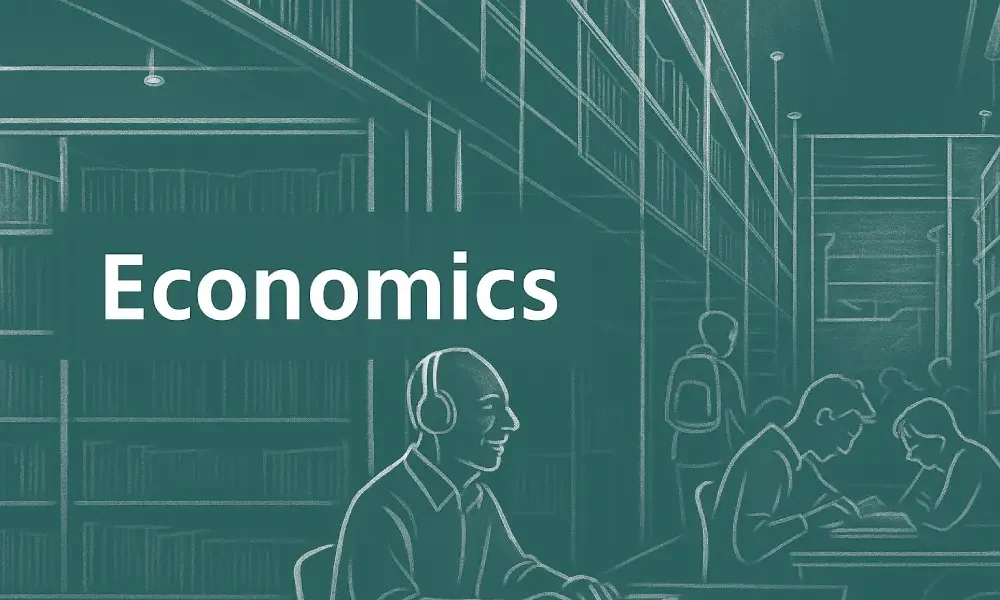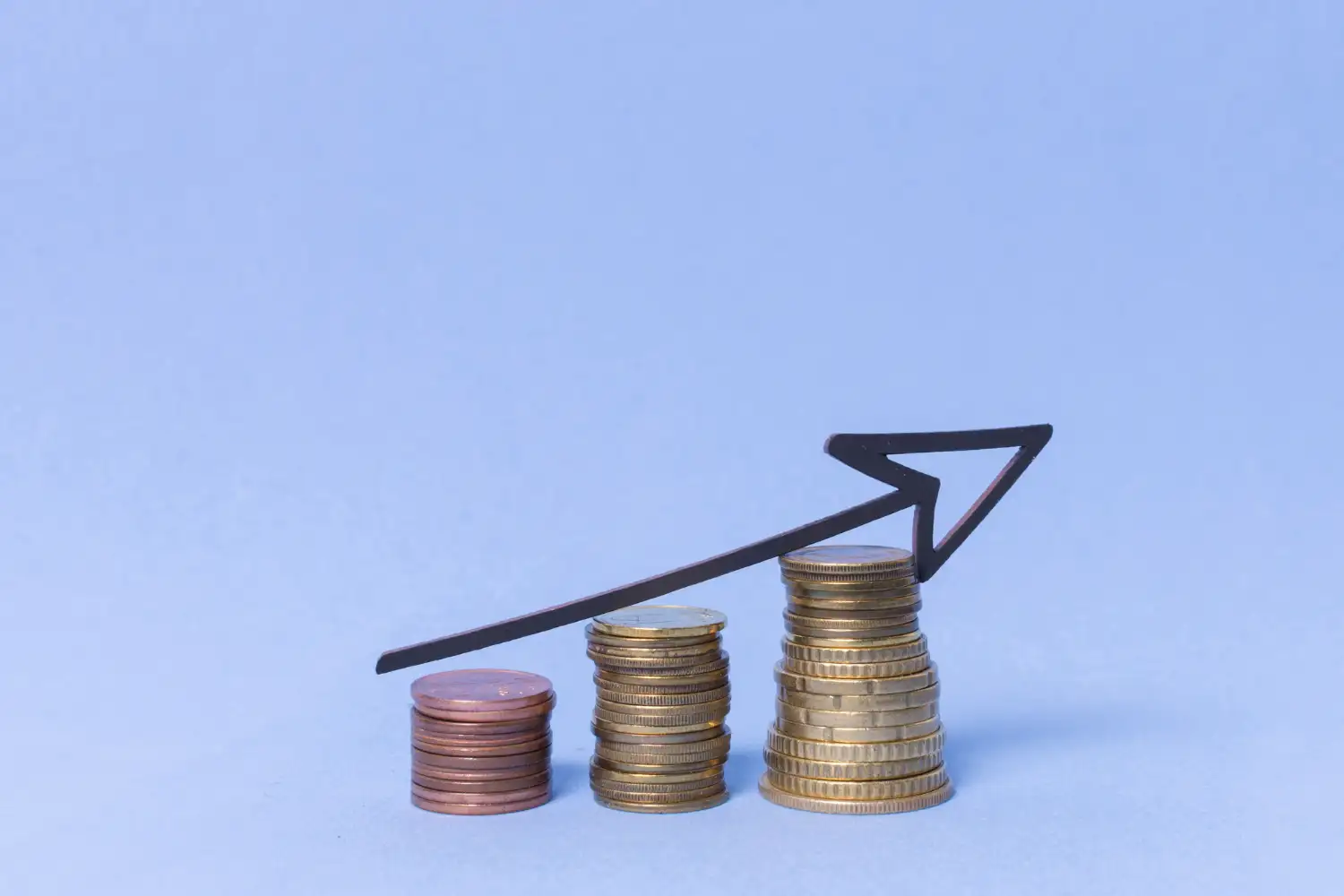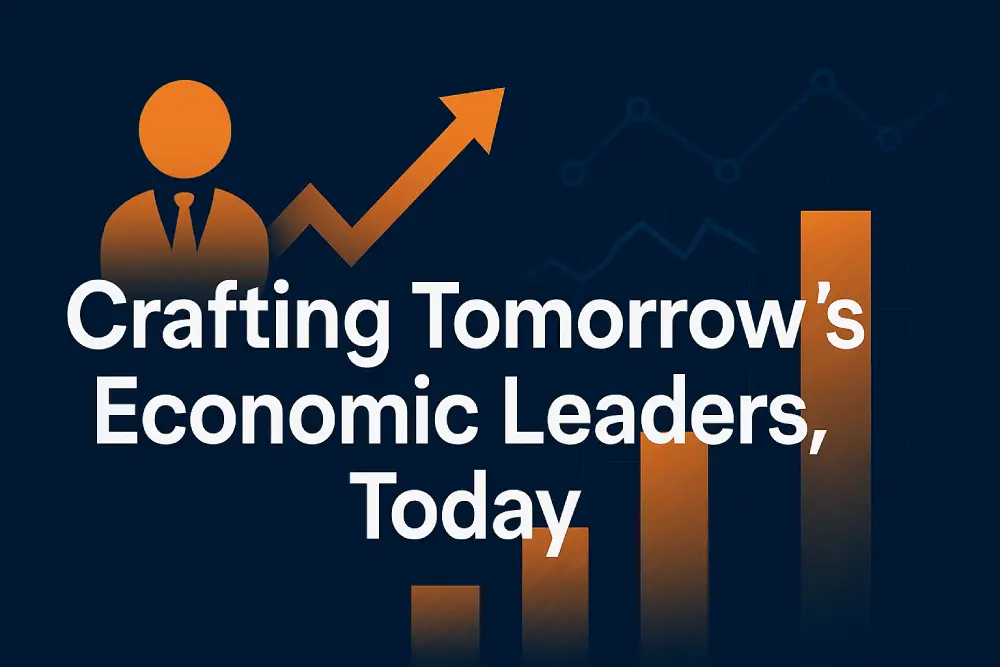Throughout history, various economic systems have shaped societies and gradually evolved into the modern economies recognised by the international community today. An Honours degree in Economics offers an in-depth study of the different components of economies, how economic systems are conceived and function, and their broader social implications. Understanding the formation and evolution of economic systems is essential before delving into the complexities of modern economics.
What is Economy, & Its Relation With Society
An economy is a system that manages the production, trade, and consumption of resources within a family, community, industry, or state. Economies vary based on factors such as history, law, culture, geography, and available resources. As a collective system serving the interests of its participants, its decisions, policies, and functions profoundly affect the lives of its people.
The relationship between the economy and society is studied in the field of socioeconomics (or social economics). This branch explores the social behaviours of different socioeconomic groups and classes, examining how their economic interactions and decisions influence society. By analysing the factors that shape economic behaviour, socioeconomics helps us understand the diverse impacts of economic activity on various social groups.
History Of Economy & The Rise Of Modern Economics
Economics is widely recognized as a science that studies and analyzes the processes of production and consumption. Over time, it has evolved significantly through the development of various economic theories. Adam Smith, the Scottish philosopher and economist often hailed as the father of economics, laid the foundation with several key theories in the late 18th century. These ideas were later expanded upon by thinkers such as Karl Marx and Thomas Malthus.
Economic sociology, which examines the social aspects of economic behaviour, draws on the works of Karl Marx and Friedrich Engels. They critiqued the idealistic approach of G.W.F. Hegel and contributed to a deeper understanding of the socio-economic structures that shape society.
While globalisation, international trade, and technological innovations have historically posed challenges to the global economy, recent times have witnessed a notable resurgence. An advanced academic programme like the Honours in Economics offers a comprehensive understanding of how economic thought has evolved throughout history and its profound impact on today’s world.
What is Economics?
Economics is the study of how people, businesses, and governments make choices about using limited resources to meet their needs and wants. It looks at how goods and services are produced, how they are shared among people, and how money flows through a society.
Economics helps us understand everyday decisions—like how much to spend, what to save, or where to invest. It also explains big-picture issues like inflation, unemployment, taxes, and trade. Economists study patterns in these choices to find solutions that can improve living standards, reduce poverty, and grow the economy.
A Brief Look Into Social Economics: An Understanding To Bring Economic Reforms
Social economics, or socioeconomics, is a branch of economics that evaluates the impact and distribution of the economy among different social structures. Socioeconomics study tries to identify and analyse the issues of income inequality, educational differences, distinct job opportunities, financial literacy, social networking and accumulation of wealth that are present in any society. By understanding the differences and disparities that create social and economic classes, better reforms can be undertaken to support the unfortunate or minority demographic.
The study helps in making policies, taking decisions, resource management and other related factors that significantly impact society. Many surveys around the middle-income countries have revealed that immediate economic reforms are required in matters like jobs, inflation, taxation, wealth inequality and so on.
B.Sc. / B.A. Economics (Hons.): A Comprehensive Curriculum From JGU Group
Jindal School of Government Public Policy (JSGP) is a renowned university offering several courses, including a B.Sc. / B.A. Economics (Hons.) programme. This course is tailored to give a brief look into economics, blending theoretical knowledge with practical applications, and building a strong foundation in key areas. Global economics, business, and policymaking are the fundamental focus of the B.Sc. / B.A. Economics (Hons.) programme.
The students are encouraged to work on their quantitative and analytical skills through research projects and develop problem-solving skills for tackling real-world economic issues. The core subjects included in the programme are economic theory, econometrics, statistical modelling, economic analysis, data interpretation, financial evaluation, public policy, etc. Elective subjects are added to the curriculum to complement the core subjects and make way for an advanced study in specific branches of economics.
Benefits Of Learning Economics Honours In 2025
The vast research and study of economics has proven its impact on not just individuals, businesses, or society, but every aspect of life. Modern-day study of Economics is itself a branch of social sciences. It deals with the economic principles and models that help create policies that shape society.
As a result, a career after economics honours leads to jobs in sectors like finance, banking, consulting, economic analysis, statistical modelling, data interpretation, academia, government, and international organisations, and many other places. This discipline equips students to view economics through the lens of political science, law, and sociology and develop skills of policy evaluation, management, and problem-solving to address domestic and international economic challenges in real time.
Why Should You Study Economics At Jindal School of Government Public Policy?
JSGP’s holistic 4-year plan of honours in economics is only offered to eligible candidates with a 55% JSAT score and a 10+2 board mark sheet and certificate. The classes and lectures of core and elective subjects take an interdisciplinary approach along with local and global inferences. They are also coupled with research and projects, workshops, networking, and internships to allow a practical understanding of real-world issues on domestic and international levels. They are encouraged to develop critical professional skills to show employers.
Source Links
- https://www.investopedia.com/terms/e/economy.asp
- https://www.investopedia.com/terms/s/social-economics.asp
- https://www.investopedia.com/articles/economics/08/economic-thought.asp
- https://www.britannica.com/topic/economic-sociology
- https://www.pewresearch.org/global/2024/03/13/economic-and-policy-changes/
- https://www.cheggindia.com/career-guidance/scope-of-economics/





